The Good Bad Mother doubles down on a terrible TV trend
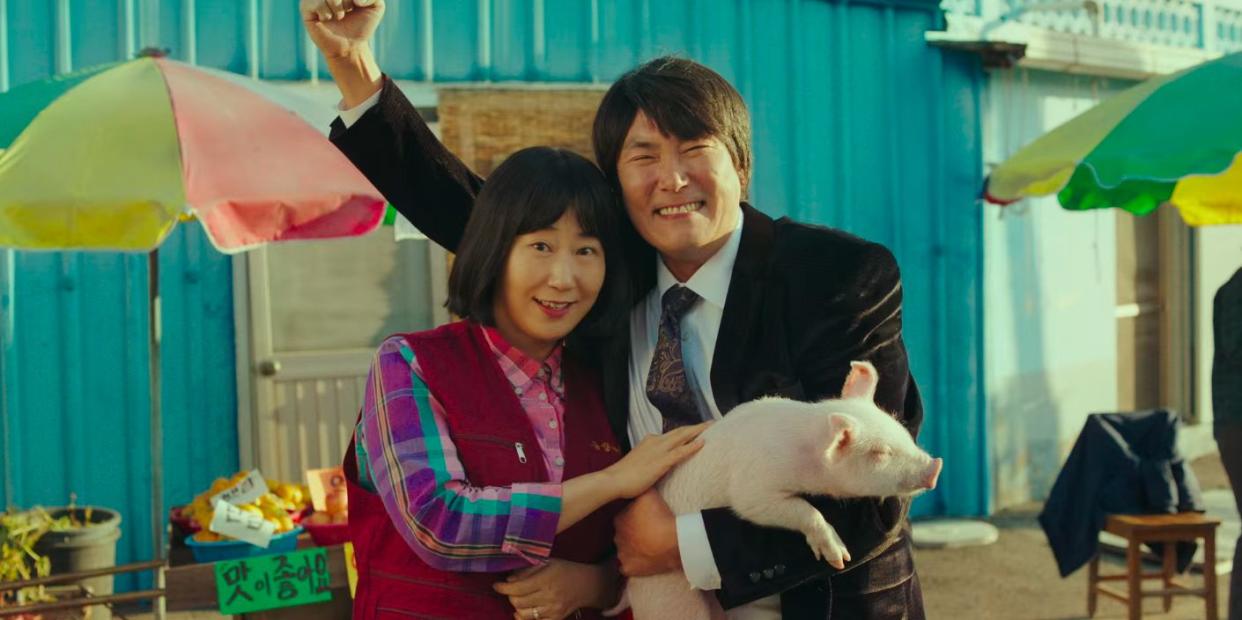
The Good Bad Mother spoilers follow.
Netflix’s latest Korean drama, The Good Bad Mother, starts with an assumption that grief makes up for everything. It asks us to look at titular mother Jin Young-soon (Ra Mi-ran), and sympathise with the widowed pig farmer as she abuses her son, Kang-ho (Lee Do-hyun).
It’s a show possessed of a smattering of heartfelt, relatable moments as Kang-ho comes to terms with his mother’s abuse. None more so than Kang-ho tearfully accusing his mother of stealing his life in the first episode, a sequence that feels genuinely emotional.
Which makes it odd that writer, Bae Se-young, with the opportunity to say something meaningful about abuse, instead propagates tired clichés about disability. Abandoning Young-soon’s relentless abuse to double down on an off-base, albeit familiar, representation of disability.
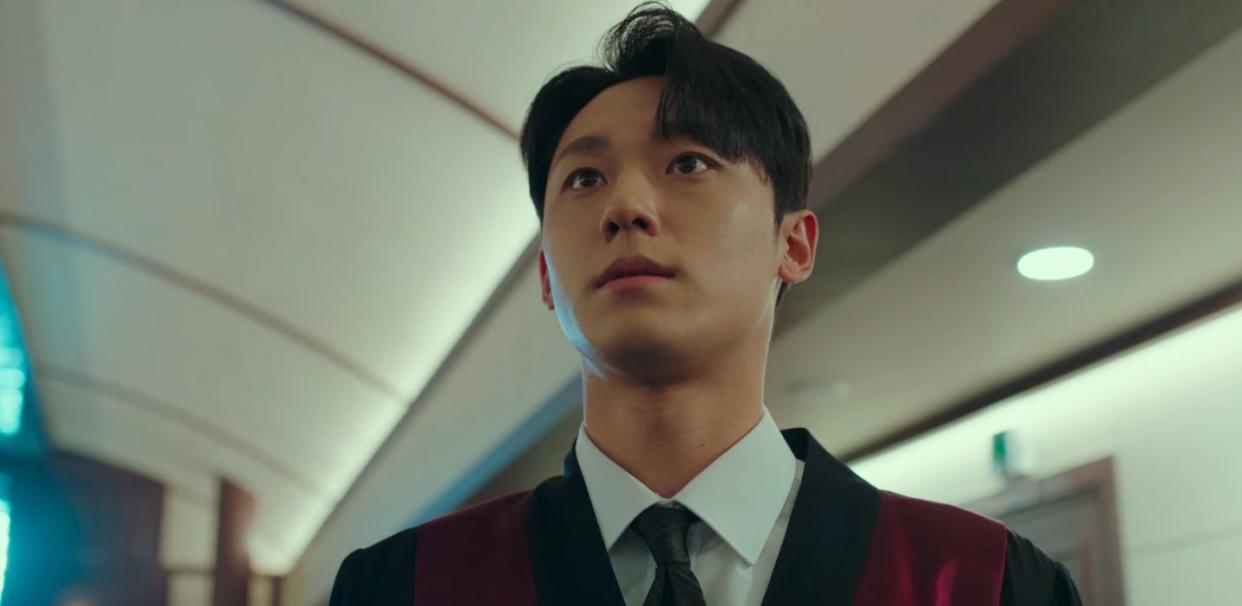
It should be harrowing for Kang-ho to be delivered into the care of his mother when an accident leaves him paralysed from the neck down and cognitively disabled, described by Young-soon as “stupid.” Instead, it’s treated as a second chance, a way for Young-soon to erase years of abuse as Kang-ho loses much of his memory.
Not that Young-soon wastes any time reminding him. Trying to force him to move his paralysed arms (yes, really), Young-soon starves him. When this doesn’t work, she beats him. But this is TV, so it works. Kang-ho can move his arms, he just doesn’t want to. It's framed as a reaction to years of Young-soon withholding food to force him to study, though it quickly devolves into another effort to invoke sympathy for her.
Still, it’s one of the few times Young-soon actually acknowledges something she has done is wrong – though the show stops short of ever holding her accountable. Instead, Kang-ho feeds himself, beams like a child, and all is forgotten.
Because Kang-ho isn’t a person: he’s a plot device for Young-soon’s rehabilitation. A way to give her another child, but create comedy through the juxtaposition of an adult acting like a petulant toddler. The assumption of competence is nowhere to be seen, with Lee’s torrid performance playing into a familiar infantilisation of disability.
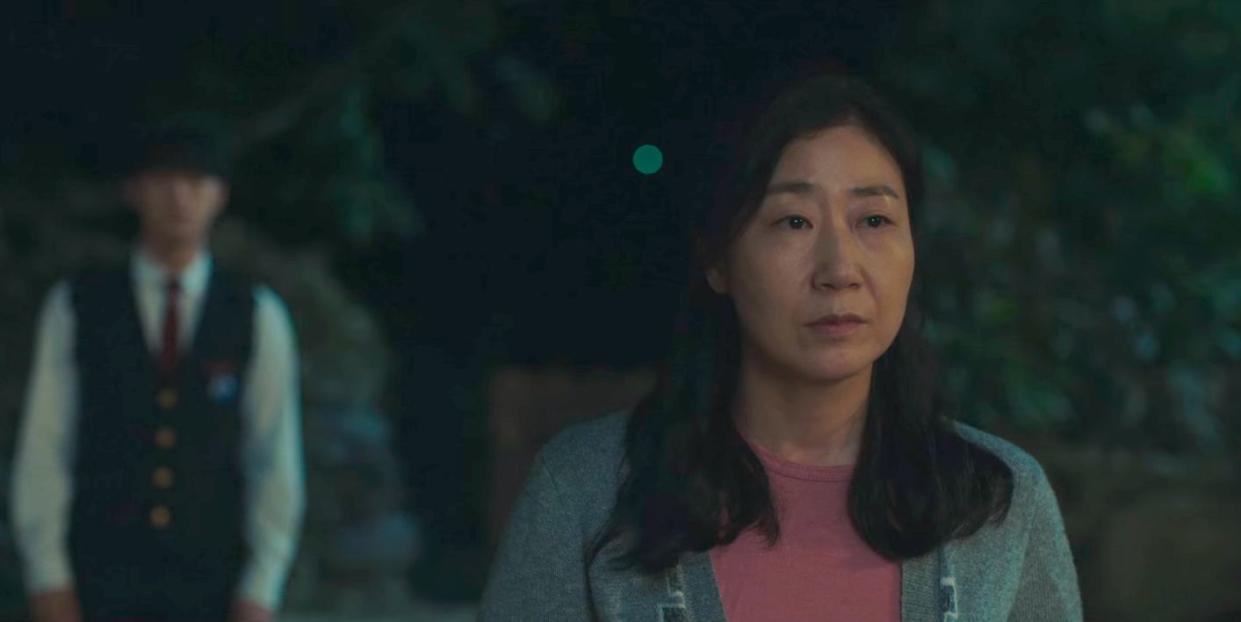
Curiously, the first thing it brought to mind was The Last of Us and the way showrunners Craig Mazin and Neil Druckmann turned Henry’s brother Sam from a teenager to an eight-year-old deaf cancer survivor.
It’s never explored in the context of The Last of Us’ world. Instead, it feels like an attempt for cheap pity points, to create sympathy for Henry after he does a bit of Fascism. He's a character who has so little respect for his disabled brother that he never includes him in discussions, constantly filters a dishonest version of events to him, all while the show frames Sam solely through its hearing narrative.
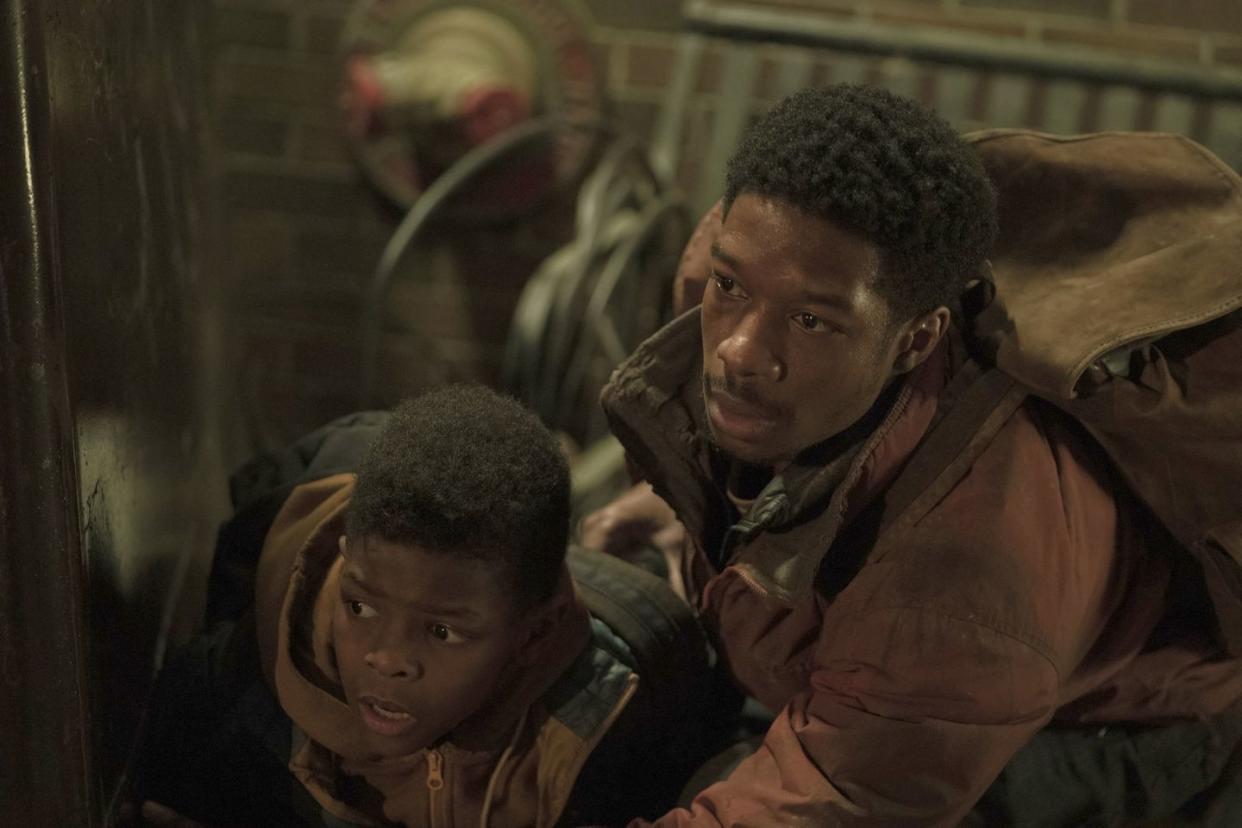
Similarly, there’s no sincerity in Kang-ho’s disability, from either writer or actor. He’s not explored in the context of Korean disabled experiences, only a perpetuation of Korean TV’s habit of making disability cute and, ultimately, temporary. This sugarcoats the sometimes devastating effects of disability and the terrible systems that purport to support it, all to appease a perceived able-bodied audience.
Kang-ho’s story is one of a disabled person thrust into the care of a past abuser and is far more interesting and potentially important story than Young-soon never being taken to account for her violence. Instead, Kang-ho’s accusation that she’s stolen his life reads more like an acknowledgement, as the series progresses, that the show was never about disability or abuse.
Instead, it becomes about the able-bodied characters around Young-soon who pity her for having a disabled son, console her, and form a tangible able-bodied frame for Kang-ho’s non-existent story.
Which isn’t new: recent online discourse around The Good Doctor – itself based on a problematic Korean show – is an example of autism depicted through a single, narrow point on the spectrum, and also a show that too frequently creates drama out of how Shaun Murphy’s savant affects his able-bodied peers.
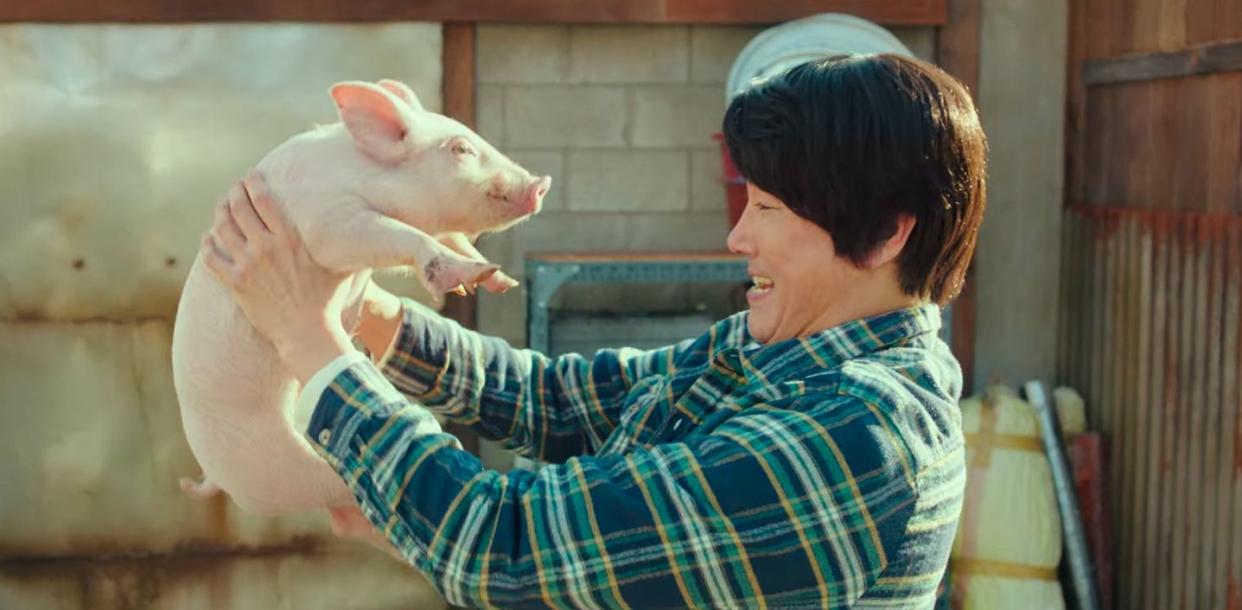
Many might suggest this comparison is unfair – that cultural differences make The Good Bad Mother’s depiction of disability acceptable because any representation is positive. But ableism is universal and recognisable in shows like The Good Bad Mother just as easily as it is in The Last of Us or The Good Doctor. We can understand cultural separation as a catalyst for misrepresentation, but to suggest it mitigates it is spurious at best.
With so few honest portrayals of disability in global media, The Good Bad Mother is especially egregious. Not even trying to hide its offensive misrepresentation behind claims of sincerity or charitable endeavours, but instead taking the most vulnerable in society and using them as a toy for abuse apologism.
In the last year alone, influential shows like The Last of Us, Extraordinary Attorney Woo, and now The Good Bad Mother have been celebrated despite their appalling treatment of disability. Televisual recently reported that disabled people won’t be adequately represented until 2041. But watching The Good Bad Mother’s reduction of disability to an infantilised fantasy, it’s hard to see how we get there from here.
The Good Bad Mother is available to stream on Netflix.
You Might Also Like
